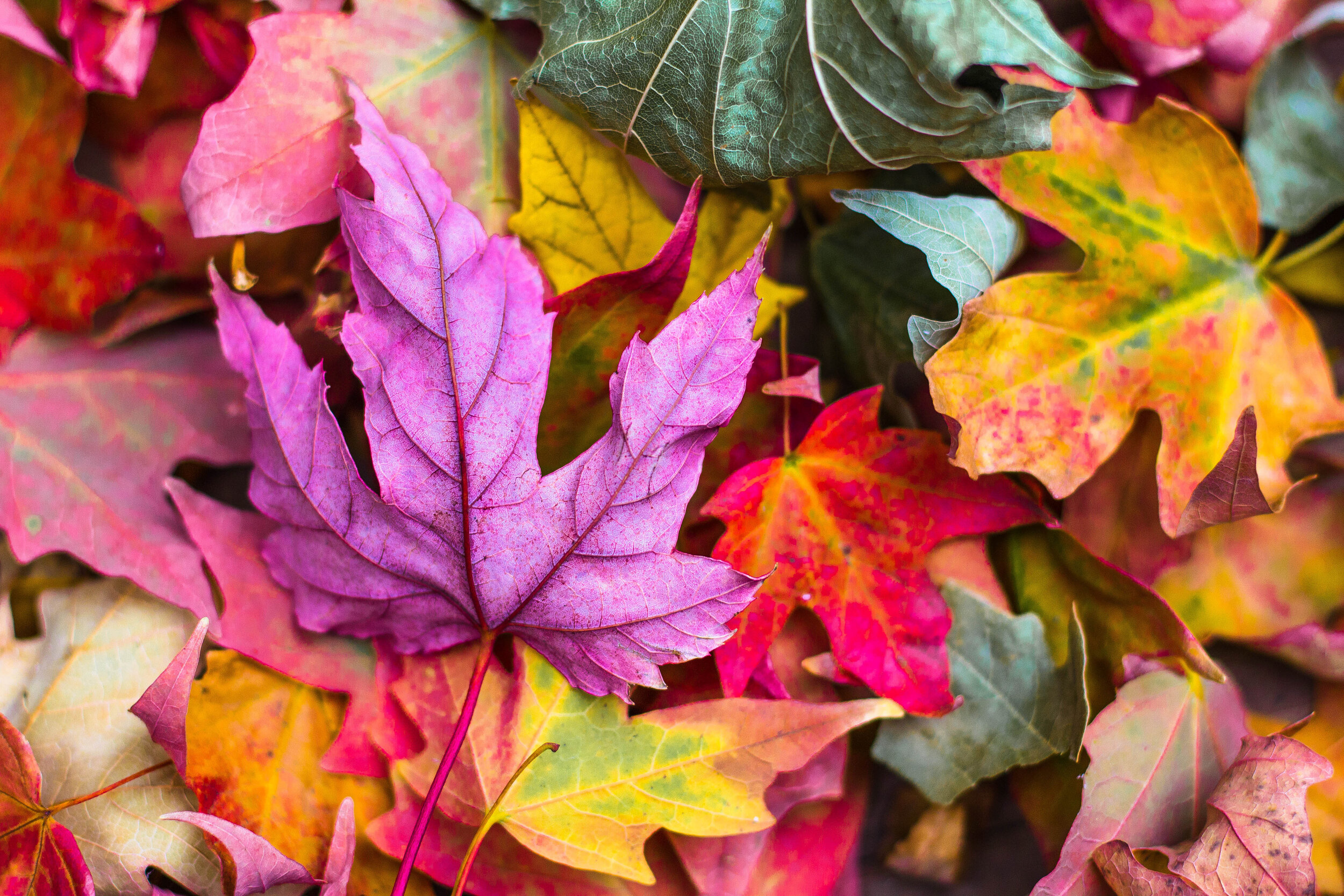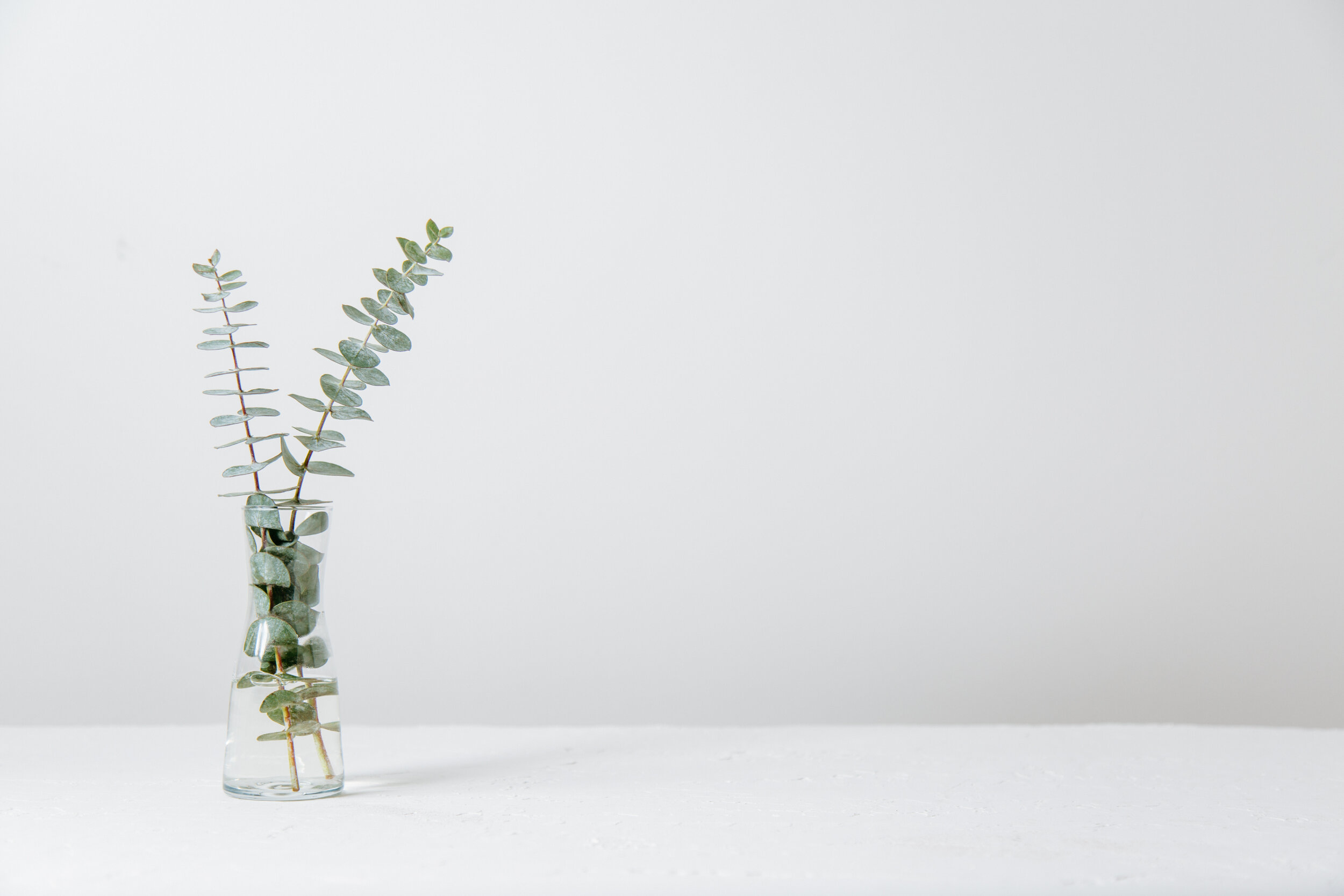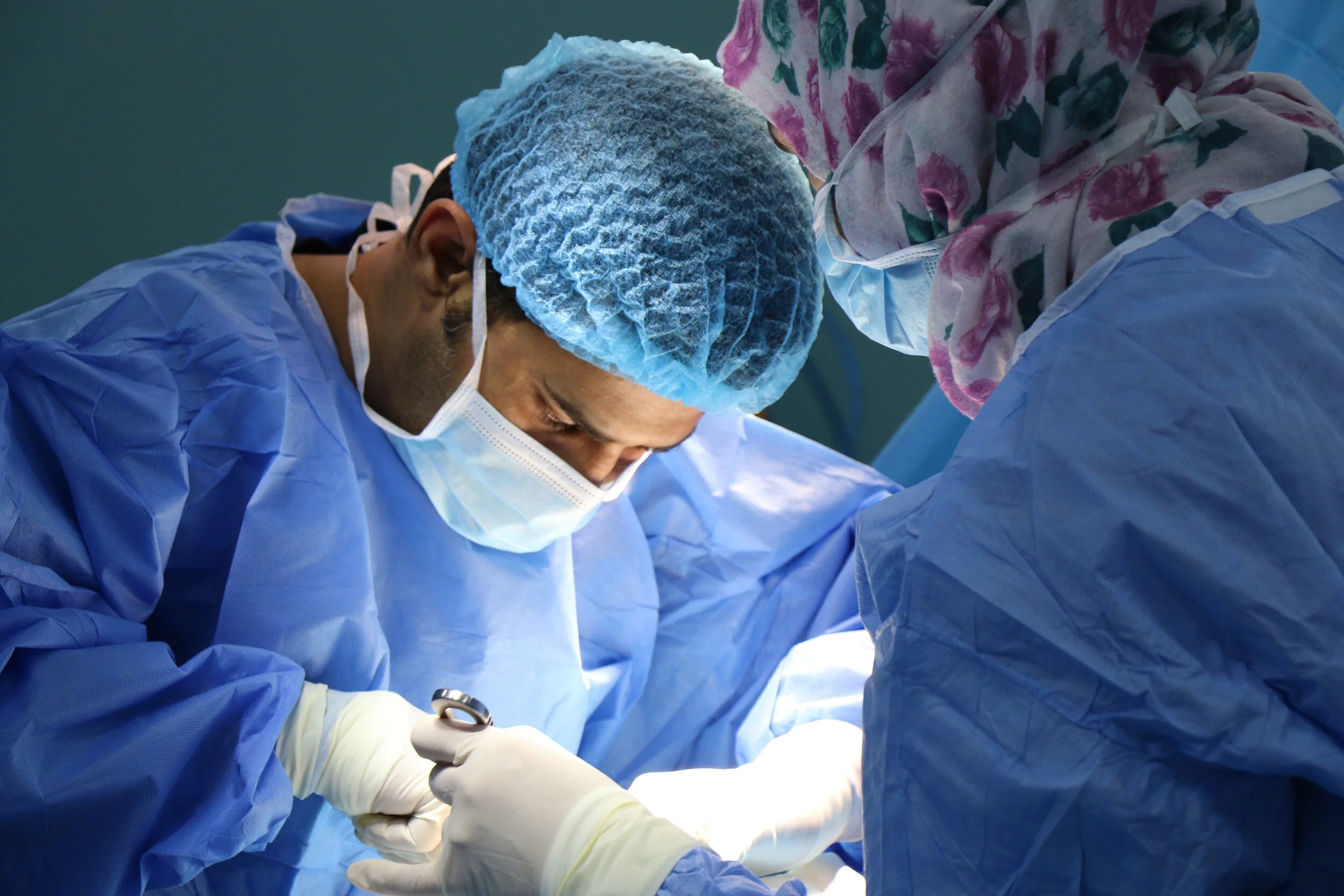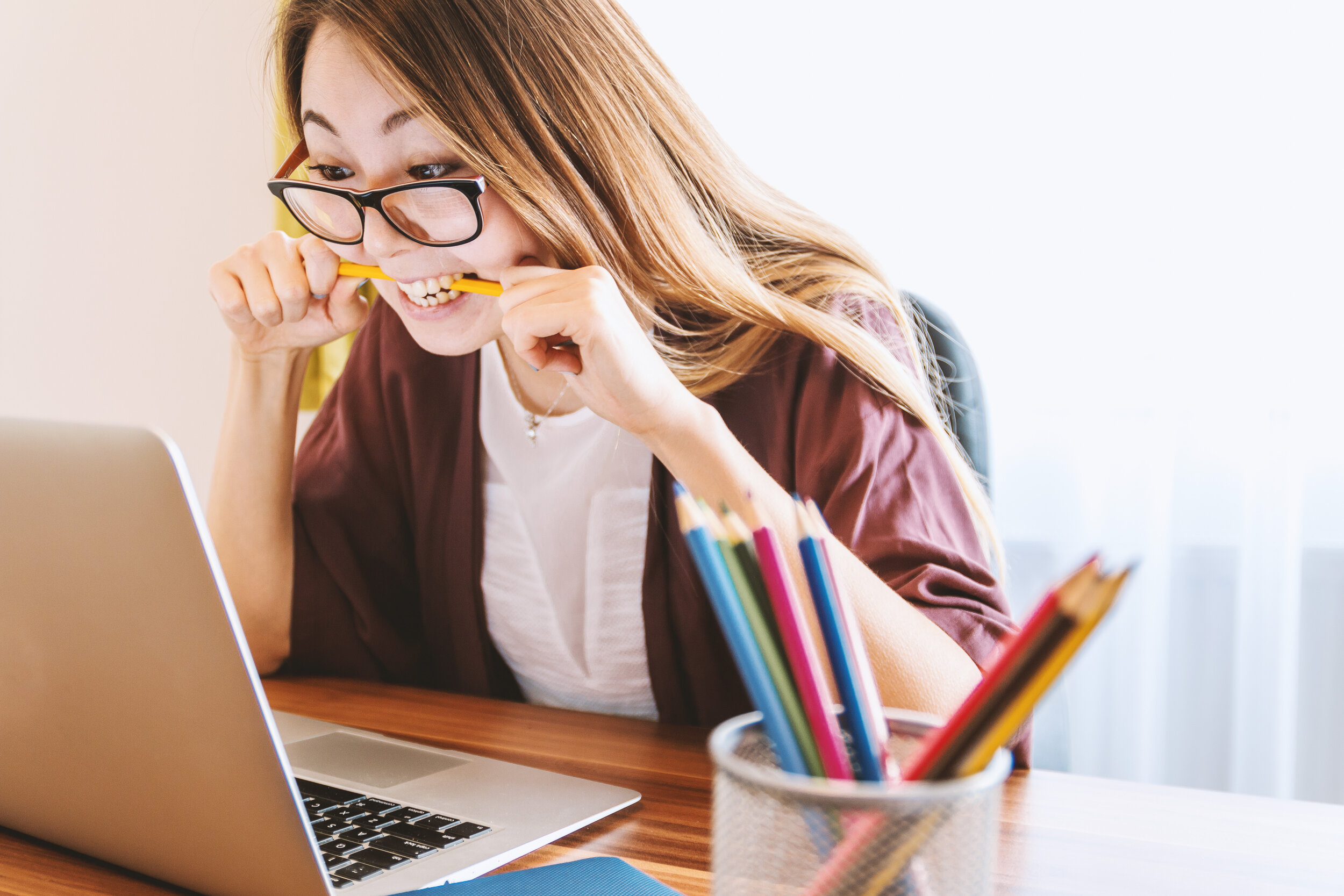Can Acupuncture Help My Skin? Here’s What You Need to Know
/When most people think of acupuncture, they think of stress relief, pain management, or maybe even help with sleep. But what about your skin? Can those tiny needles really make a difference when it comes to breakouts, wrinkles, or dullness?
The short answer: Yes, acupuncture can help your skin—and there’s real science to back it up.
Let’s dive into how it works and what you can expect.
How Acupuncture Affects the Skin
Acupuncture is based on the idea of balancing the body's internal systems by stimulating specific points on the body (also known as meridians). When it comes to skin health, this can mean several things:
Increasing blood circulation to bring fresh nutrients and oxygen to the skin
Balancing hormones that can contribute to acne, rosacea, and other skin issues
Reducing inflammation (a major player in skin conditions like eczema and psoriasis)
Boosting collagen production, which can help with elasticity, fine lines, and overall glow
When tiny needles are inserted into specific points, it triggers the body's natural healing response. This includes stimulating fibroblasts—the cells responsible for creating collagen and elastin, the two proteins that keep your skin firm and youthful.
In fact, a study published in The Journal of Acupuncture and Meridian Studies (2013) found that acupuncture treatment improved skin hydration and elasticity, especially in aging skin. Another review from Dermatologic Therapy (2014) suggests that acupuncture can be a useful complementary therapy for treating skin conditions like acne, eczema, and even melasma.
What Skin Issues Can Acupuncture Help With?
You might be surprised by how many different skin concerns acupuncture can support, including:
Acne and breakouts: By balancing hormone levels, reducing inflammation, and improving lymphatic drainage, acupuncture can help reduce the frequency and severity of breakouts.
Rosacea and redness: Acupuncture helps calm an overactive immune system and supports better circulation, which can tone down redness.
Aging skin: Facial acupuncture (sometimes called cosmetic acupuncture) promotes collagen production, softens fine lines, and can improve overall tone and texture.
Hyperpigmentation: Some studies suggest acupuncture may help regulate melanin production, potentially lightening dark spots over time.
Eczema and psoriasis: By calming systemic inflammation and boosting the immune response, acupuncture may help reduce flare-ups and improve comfort.
What a Typical Treatment Looks Like
If you’re coming in for skin concerns, your acupuncturist will likely take a whole-body approach. Skin issues are often a reflection of what’s happening internally—think hormonal imbalances, digestive problems, or chronic stress.
During your session, your acupuncturist may insert fine needles not only on the face but also on points across the body that correspond to digestion, hormonal balance, or stress relief. For example, points along the stomach or spleen meridians are often used for acne treatments, while kidney points may be stimulated for anti-aging concerns.
You might also receive facial acupuncture specifically, which uses even finer needles targeted at the muscles and skin of the face to boost circulation and collagen.
And no, it doesn’t hurt! Most people find it relaxing—some even fall asleep during their sessions.
How Long Until You See Results?
Consistency is key. While some people notice a glow or slight lift after just one session, most skin concerns require a series of treatments to see noticeable changes. Typically, a course of 8–10 sessions is recommended, followed by maintenance treatments once a month.
Your acupuncturist may also recommend dietary changes, herbs, or skincare tips to complement your sessions and speed up your results.
So…
If you’ve been struggling with your skin and feel like you’ve tried everything, acupuncture could be the missing piece. Not only does it address the surface symptoms, but it also gets to the root cause of your skin issues—leading to lasting, real results.
Curious to see if acupuncture could help you glow from the inside out? Book a consultation with us today! Your skin (and your whole body) will thank you.




















